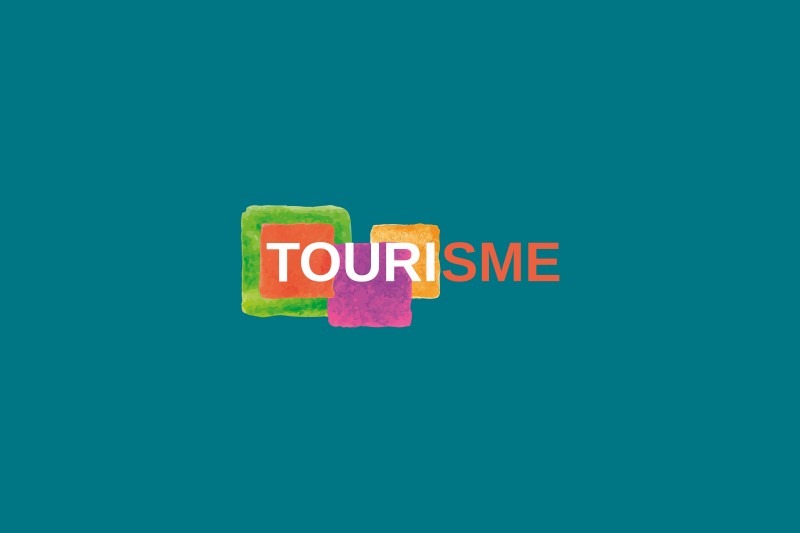The TOURISME project aims to enhance sustainability practices among tourism SMEs through knowledge sharing, cooperation, and stakeholder involvement. Deliverable 2.1, published in August 2021, offers a comprehensive literature review of the field, analyzing both academic and grey literature since 2010.
Scope & Structure
The report is organized into:
- Theoretical Context – Outlines tourism and sustainability definitions, linking them to the Brundtland Commission’s framework.
- Methodology – A dual-review approach:
- Academic literature: 73 peer-reviewed papers
- Grey literature: 31 reports and policy documents
Both sets cover publications from 2010 to 2020.
- Academic Review – Investigates publication trends, geographic focus, and research typologies.
- Grey Literature Review – Explores practical themes like standards, certifications, and circular tourism.
- Conclusion – Highlights trends, gaps, and key themes in sustainable tourism.
- Appendices – Full bibliometric data and analyzed sources.
Key Academic Insights
- A sharp increase in publications post‑2015, especially rising through 2020.
- Top journals: Sustainability, Journal of Sustainable Tourism, Journal of Cleaner Production.
- Frequently studied countries include Italy, Spain, Australia, and the USA.
- Two main research strands:
a) Environmental management in tourism
b) Circular tourism—an emerging subfield investigating regenerative and waste‑minimizing models in tourism since 2015.
Grey Literature Highlights
- Focus on sustainability standards and certifications, such as EU Ecolabel and EMAS.
- Curated best practices across energy, water, waste, green procurement, mobility, and CSR.
- Emphasis on circular economy principles, linking resource efficiency to tourism resilience.
Why This Matters

This literature review offers a strategic knowledge base for SMEs and policymakers. It not only captures academic insights but distills practical, region-specific measures that support the uptake of sustainable and circular practices in tourism, effectively meeting the core goals of the TOURISME project.

